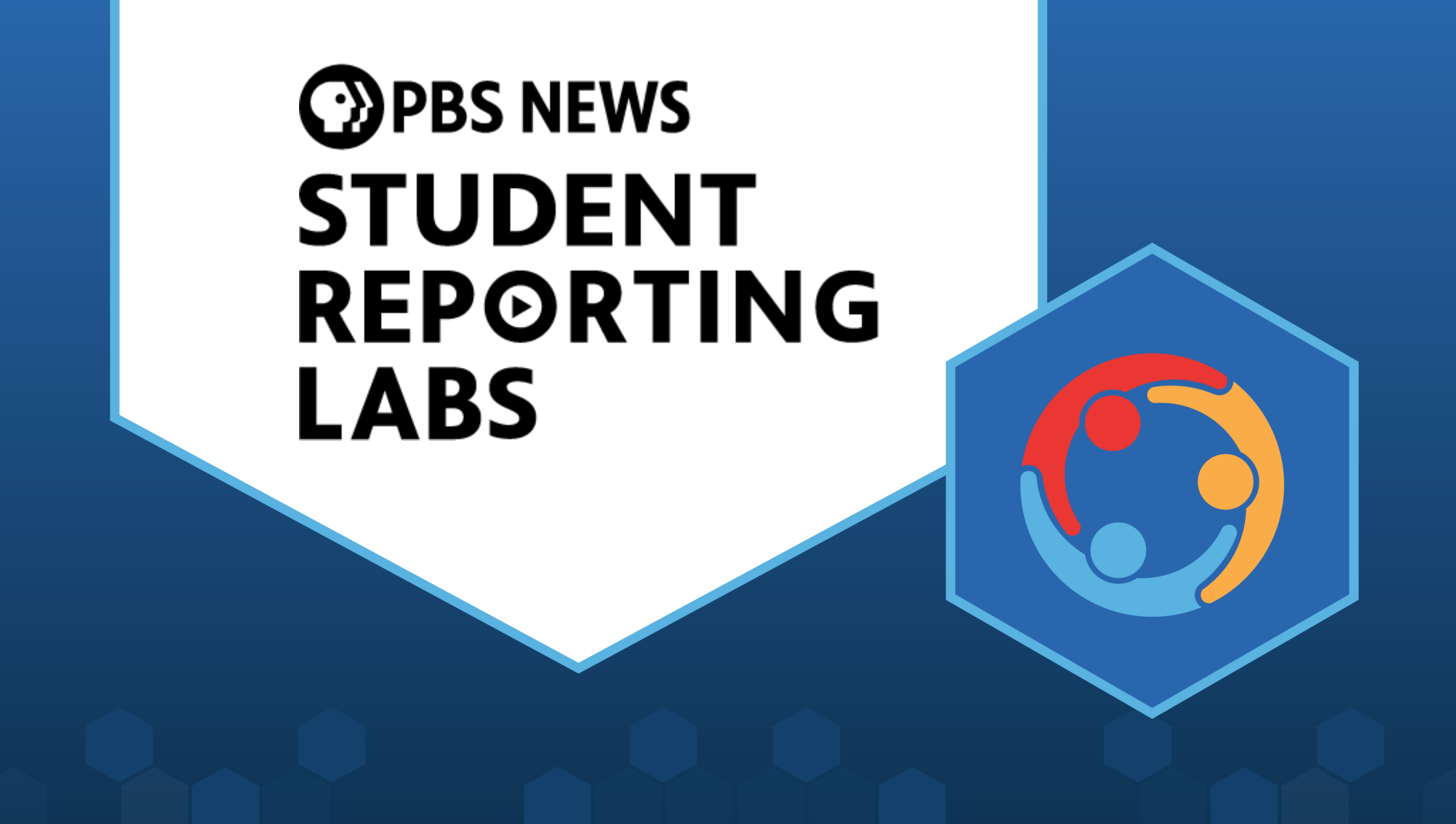
Collaborator Spotlight: Building Science Communication Skills with PBS News Student Reporting Labs
An important but often overlooked aspect of high-quality scientific research is communication. How do we communicate science in an accessible, accurate way that everyone—scientists and non-scientists alike—can understand? LabXchange's newest collaborator, PBS News Student Reporting Labs, builds learners' skills at the intersection of journalism and science communication.
Below, hear from Christine Zirneklis, Director of Communications and Partnerships at PBS News Student Reporting Labs, to learn more about the organization's philosophy and their learning resources.
What does PBS News Student Reporting Labs do?
PBS News Student Reporting Labs is a hands-on journalism training program that connects young people with real-world experiences and educators with tools, resources, and community. We work with students and teachers to produce multimedia reporting projects for national and local audiences.
What's one fun fact that LabXchange users should know about your organization?
Journalism and science communication can be a gateway to greater scientific understanding for reluctant students of science, and a tool for science teachers to encourage other ways of learning and explaining classroom concepts. Multimedia journalism skills like background research and interviewing local scientists, researchers, and practitioners in the community can help stretch their students’ understanding of real-world uses of the concepts they learn in the classroom. And for scientists and researchers, these skills are also critical components for making science more accessible for the public to use and learn from!
What motivates you to work in science education?
I work in journalism education, and for me it’s important because journalism can be a framework to encourage young people to lean into their curiosity about the world and get out in their communities to listen, learn, ask questions, and share what they learn with their community. It’s hands-on learning about the world you live in. (Lots of similarities with science education!)
People underestimate students all the time. It’s my hope that student reporters come to feel that even—and especially—as young people, there is power in questions and in the stories that are important to them. Yes, you’re allowed to talk to an expert or person in power; yes, your questions and curiosity matter; yes, your perspective matters!
Which content are you most proud of?
I want to highlight some climate solutions stories student reporters recently published with our team. Three short video pieces are part of the Second Nature series from our college climate reporting fellows, and cover underwater camera trap technology, sustainable fashion initiatives, and a project to make environment and sustainability information more accessible to Spanish-speakers in Los Angeles.
How can learners and educators best use your content?
Start by practicing with a social-media style video explainer of a scientific concept. Imagine you have 5 seconds to get someone’s attention about something that you find important in your field of study. Use your phone! Share it with a friend. What feedback do they have about what would make it compelling for them to watch? Use this science journalism resource as a starting point.
And, when you’re ready to brainstorm other types of stories to explore, consider our shifting the frame exercise—what (scientific) communities are you a part of? What don’t people understand about this group or its goals? What should more people know?
What do you have planned for the future?
While the future of public media as a whole is uncertain at the moment, PBS News Student Reporting Labs is really leaning into supporting our student and educator communities through our learning platform StoryMaker, and working together to produce and publish stories that meet this moment and share the varied perspectives of youth on the most important issues of our time.
And, we’ve just published our first collection of college-student produced work. Second Nature is a collection of stories about youth working towards climate solutions in their communities. We’re hoping to build and grow this series, and our college climate reporting fellowship, in the future.
Explore more from PBS News Student Reporting Labs in the LabXchange library:
- What Makes a Good Video Story? (teaching guide)
- What is Newsworthy? (teaching guide)



.svg)

.svg)



